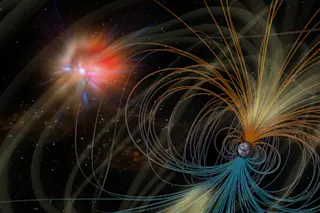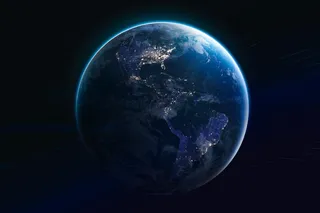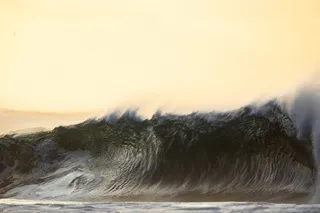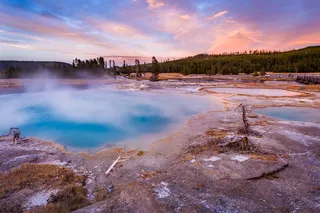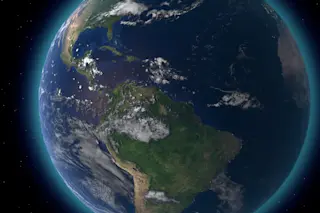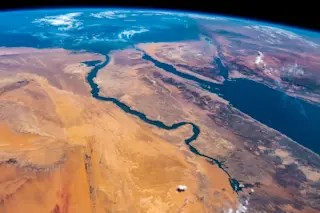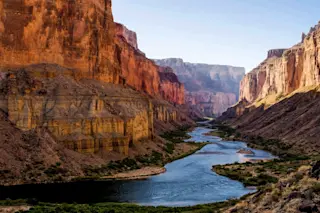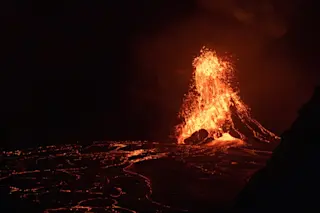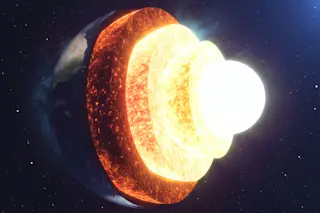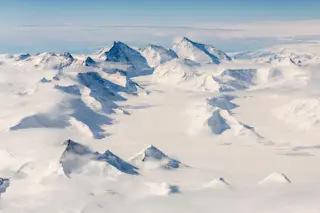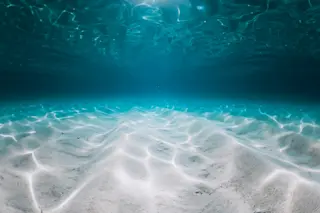The magnetic field shields Earth from cosmic radiation and the solar wind that the Sun pelts the planet with. In a new study, researchers found our current magnetic field could be the same to what it was 3.7 billion years ago.
The findings published in the Journal of Geophysical Research are scientists' oldest estimates of Earth's magnetic field strength. It was found using rocks dating 3.7 billion years old.
"This is a really important step forward as we try and determine the role of the ancient magnetic field when life on Earth was first emerging,” said Claire Nichols, study first-author and geologist at the University of Oxford, in a press release.
3.7 billion-year-old iron formation in the Isua supracrustal belt in Greenland. (Credit: Claire Nichols)
Claire Nichols
Through a meticulous process using rocks excavated from Isula, Greenland, the researchers could determine that the magnetic field's strength 3.7 billion years ago ...


